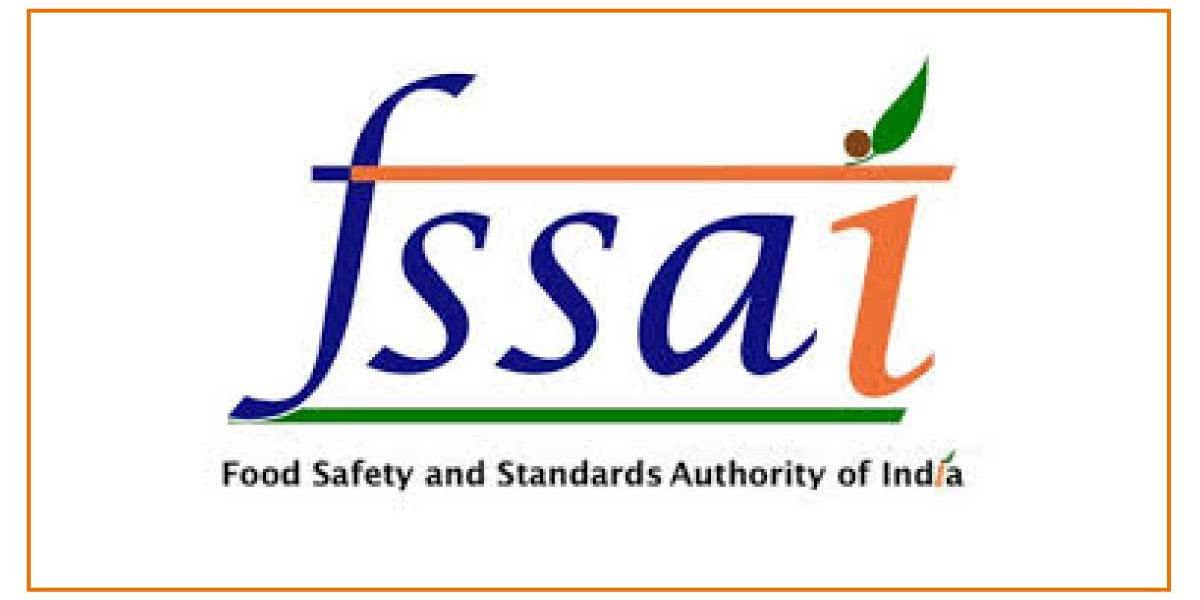If you are running a food business in India — whether it’s a small homemade snack brand, a restaurant, a cloud kitchen, or a packaged food manufacturing unit — getting the right types of FSSAI registrations certificate is not optional, it’s mandatory. The Food Safety and Standards Authority of India (FSSAI) regulates the safety, hygiene, and labeling standards for all food-related businesses to protect consumer health.
But many entrepreneurs get confused about the different types of FSSAI registrations certificate available and which one applies to their business. Choosing the correct category is crucial because it affects your legal compliance, renewal timelines, and penalties if you pick the wrong one. Here’s a simple guide to help you understand the three main FSSAI license types and their eligibility.
1. FSSAI Basic Registration
Who Needs It
This is the entry-level certificate meant for very small food businesses. If your annual turnover is below ₹12 lakhs, you fall into this category. Examples include:
Home-based food makers selling pickles, bakery items, or snacks
Small tea stalls, juice corners, or roadside eateries
Tiny retailers or petty traders
Key Features
Easy to apply online with minimal documentation
Issued by the local FSSAI authority
Valid for 1 to 5 years depending on the term you select
Renewal is simple and can be done digitally
Documents Required
Identity proof (Aadhaar, PAN, or voter ID)
Passport-sized photograph
Business details (nature of food, address, contact info)
This is the most affordable and straightforward among the types of FSSAI registrations certificate and is perfect for micro entrepreneurs.
2. FSSAI State License
Who Needs It
If your food business turnover is between ₹12 lakhs and ₹20 crores, you must apply for an FSSAI State License. Typical businesses in this category include:
Medium-sized restaurants and cafes
Food manufacturers with small production capacity
Storage and distribution units operating within a single state
Mid-level retailers, repackers, and transporters
Key Features
Issued by the State FSSAI authority where the business is located
Requires slightly more documentation and compliance details
Valid for 1 to 5 years and renewable before expiry
Documents Required
Proof of business premises (rent agreement, electricity bill)
Food safety management plan
List of food products handled
Proprietor/partner/director details
The State License is a mid-level among the types of FSSAI registrations certificate and covers businesses that have grown beyond a micro level but are still regional.
3. FSSAI Central License
Who Needs It
Large food businesses and those involved in interstate trade or export need an FSSAI Central License. You must apply if:
Your annual turnover is above ₹20 crores
You operate across multiple states
You are an importer or exporter of food products
You run a large manufacturing or processing plant
You are involved in large-scale storage, distribution, or catering (e.g., airline caterers)
Key Features
Issued by the Central FSSAI authority
Requires detailed compliance documentation and strict safety protocols
Mandatory for export businesses and high-capacity production units
Documents Required
Import Export Code (if applicable)
Complete production capacity details
Testing reports of water and raw materials
Layout plan of the manufacturing unit
Among the types of FSSAI registrations certificate, the Central License has the highest compliance requirements and is crucial for large enterprises and brands aiming to sell nationally or globally.
Quick Comparison
| Type of FSSAI Certificate | Turnover Eligibility | Issuing Authority | Ideal For |
|---|---|---|---|
| Basic Registration | Up to ₹12 lakhs | Local Authority | Home-based sellers, small vendors |
| State License | ₹12 lakhs – ₹20 crores | State Authority | Restaurants, mid-level manufacturers |
| Central License | Above ₹20 crores or interstate/export | Central Authority | Large manufacturers, exporters, multi-state operators |
Why Correct FSSAI Registration Matters
Legal Protection — Avoid fines and shutdowns for non-compliance.
Consumer Trust — Displaying your FSSAI license builds confidence and credibility.
Business Growth — Required for bank loans, large supply contracts, online platforms, and exports.
Quality & Safety Standards — FSSAI registration ensures your production, storage, and handling meet safety norms.
Final Thoughts
Understanding the types of FSSAI registrations certificate is crucial before you start or scale your food business in India. Basic Registration is for micro ventures, State License fits growing mid-sized businesses, and Central License is for large or export-oriented operations. Getting the right one saves you from legal troubles and positions your brand as safe and trustworthy in the eyes of customers and partners.
If you are unsure about which category applies to your business, it’s wise to consult a compliance expert or a professional FSSAI registration consultant who can evaluate your scale and guide you through the process.
site :SHENZHEN SINOCO LIGHTING



